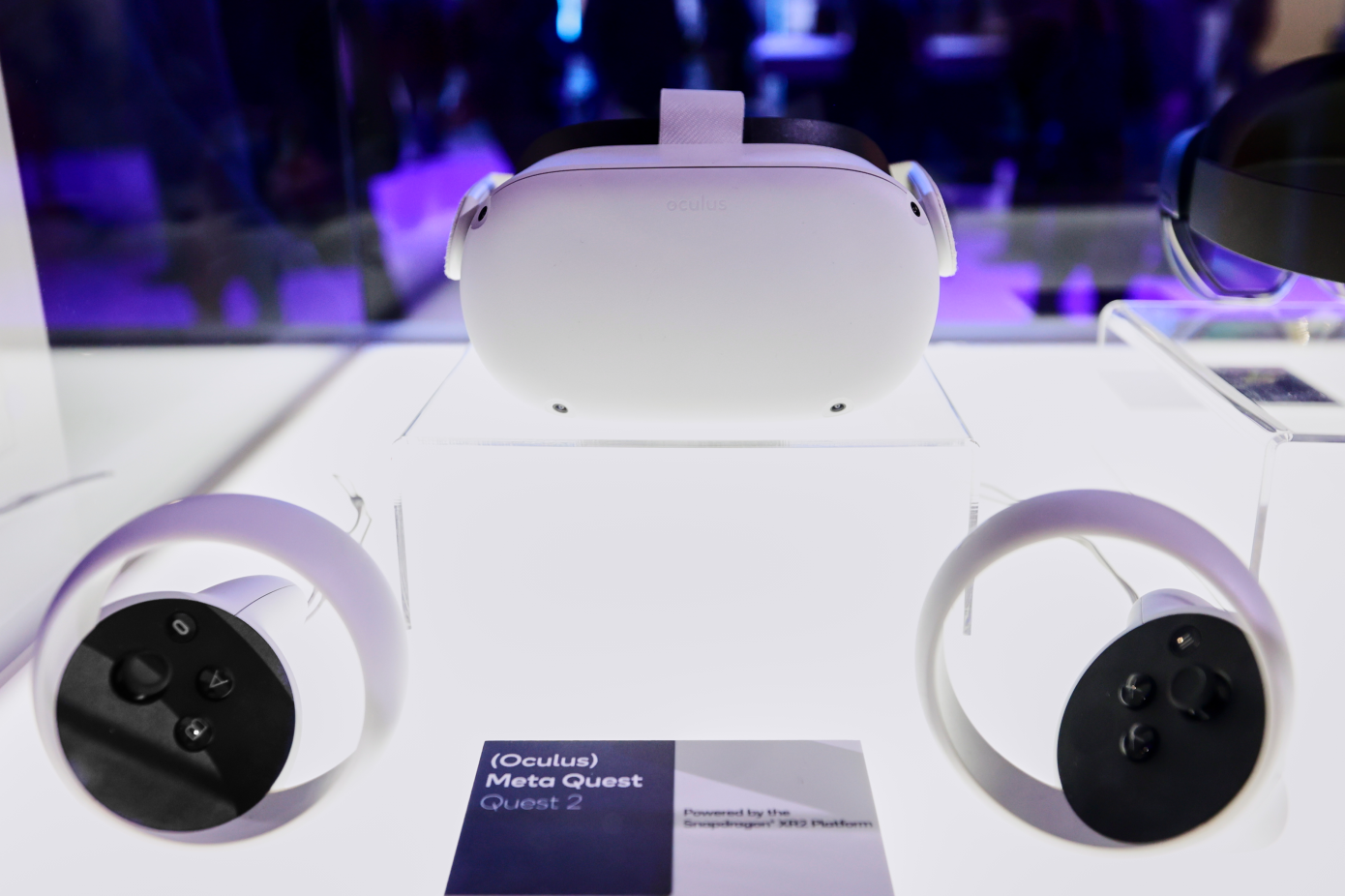Meta’s Reality Labs lost $13.7 billion on VR and AR last year.
We noticed only seven instances of the “metaverse” in Meta’s quarterly earnings conference this week, compared to 23 occurrences of “AI”; yet, the company’s investment in its vision of a VR-connected social future remains enormous.
Meta’s Reality Labs is a business and research unit of Meta Platforms that produces virtual reality (VR) and augmented reality (AR) hardware and software, including VR headsets such as Quest, and online platforms such as Horizon Worlds. It brings together a world-class team of researchers, developers, and engineers to build the future of connection within virtual and augmented reality
Beginning in 2021, Meta began separating its Reality Labs VR and AR branch into its own financial reporting category. This makes it feasible to witness the enormous amounts of Meta flooding in these places.
Also, see:
Google Fi says hackers accessed customers’ information
Groupon cuts another 500 employees in the second round of layoffs
Marqeta acquires two-year fintech startup Power Finance for $223 million
In 2022, Reality Labs recorded a $13.72 billion operating loss. This included a $4.28 billion loss in the fourth quarter of the year, which was the worst quarter for the company ever.
However, not all the expenses went towards not-great VR headsets. The company is putting about half of Reality Labs’ operating expenses towards the development of AR and VR technology. Meta is also testing closed spaces called members-only worlds in Horizon Worlds and plans to have phone cameras eventually be able to tune personal 3D audio with room-mapping capabilities
Remember that Meta paid $2 billion in 2014 for Oculus, the pioneering VR hardware business that served as the foundation for its endeavors. The business has increased its investment in the field, acquiring a number of big software companies, including Beat Saber’s inventor and recently Within, maker of the virtual fitness application Supernatural.
The business apparently had 17,000 employees in the Reality Labs section before layoffs late last year, although Meta has not published the division’s workforce. Staffing and hardware development use the majority of the funds allocated to the region.
Susan Li, CFO of Meta, stated that the business anticipates Reality Labs’ yearly losses to increase in 2023. “We’re going to continue to invest meaningfully in this area given the significant long-term opportunities that we see,” Li said, calling its AR, VR, and metaverse software efforts “a long-duration investment.”
Meta hopes to release a next-generation consumer headset later in 2023, such as an updated version of its Quest mixed reality technology. Apple, one of the few consumer-focused businesses capable of competing with Meta in the industry, is widely expected to release a new AR/VR headset in the near future.
Mark Zuckerberg, CEO of Meta, stressed on this week’s earnings call that Reality Labs comprises AR, VR, and metaverse-related software (Horizon Worlds, etc.). Zuckerberg stated, “I think the software and social platform might be the most critical part of what we’re doing, but the software is just a lot less capital intensive to build than the hardware,” Zuckerberg said.
Meta may deemphasize its metaverse efforts in public to appease cautious investors, but the business remains committed to its VR and AR initiatives.
“… None of the signals that I’ve seen so far suggests that we should shift the Reality Labs strategy long term,” Zuckerberg said. “We are constantly adjusting the specifics of how we execute this, so I think that we’ll certainly look at that as part of the ongoing efficiency work.”



















Hi! Just wondering- what template did you use for your website? I want to use it on my blog at https://garminexpress.global
you can contact us to help you with it